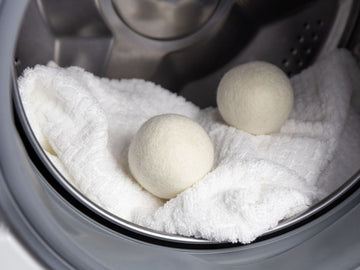In the realm of natural fibers, wool has long been a staple in textile production, cherished for its warmth, resilience, and versatility. However, not all wools are created equal. Among the various types, sheep wool and alpaca wool stand out as popular choices, each bringing unique properties to the table. For those with sensitivities or a passion for sustainability, understanding the differences between these two types of wool can be crucial in making informed decisions.
Origins and Characteristics
Sheep Wool: Sourced from sheep, this type of wool is the most commonly used in the textile industry. It varies greatly depending on the breed of sheep, with Merino wool being one of the finest and softest available. Sheep wool is praised for its durability, elasticity, and excellent dye-holding properties, which make it a versatile choice for a wide range of garments.
Alpaca Wool: Derived from the fleece of alpacas, a native South American camelid, alpaca wool is renowned for its softness, superior warmth, and lightweight feel. Alpacas produce fibers in a range of natural colors, from white and grey to brown and black, reducing the need for synthetic dyes.
Advantages of Alpaca Wool Over Sheep Wool
-
Hypoallergenic Qualities: One of the most significant advantages of alpaca wool is its hypoallergenic nature. Unlike sheep wool, alpaca fiber does not contain lanolin, a natural grease that can cause allergic reactions in sensitive individuals. This makes alpaca wool a preferred choice for those with allergies to lanolin or sensitive skin.
-
Thermal Insulation: Alpaca fibers are hollow, which gives them outstanding thermal properties. This structure allows alpaca wool garments to provide excellent insulation, often outperforming sheep wool in warmth-to-weight ratios. The air trapped inside these hollow fibers acts as a natural insulator, making alpaca wool exceptionally warm and ideal for cold weather apparel.
-
Softness and Comfort: Alpaca wool fibers are finer and smoother than most types of sheep wool. This fine quality translates into a softer, more luxurious feel, making alpaca wool products especially comfortable against the skin. Their smoothness also lends a natural luster to the fiber, which enhances the aesthetic appeal of alpaca wool garments.
-
Durability and Water Resistance: While both wools are durable, alpaca fibers offer enhanced abrasion resistance, which can lead to a longer lifespan for garments made from alpaca wool. Additionally, alpaca wool is naturally water-resistant, able to repel water and maintain warmth even when damp.
-
Environmental Impact: Alpacas are considered to have a lower environmental footprint compared to sheep. They graze more gently, which helps to preserve the vegetation and soil structure of the landscapes they inhabit. Additionally, alpacas require less water and food than sheep, making them more sustainable to farm, particularly in arid climates.
Conclusion
Choosing between alpaca and sheep wool involves considering not just the end-use of the product but also the wearer’s needs and environmental impact. For those looking for hypoallergenic, eco-friendly, and high-performance textile options, alpaca wool offers distinct advantages. It combines luxury with sustainability, providing a comfortable and environmentally responsible alternative to traditional sheep wool. Whether you are crafting a winter coat, a pair of socks, or a cozy sweater, alpaca wool promises warmth, comfort, and durability, all while aligning with eco-conscious values.
Find our locally sourced, Alpaca Wool Dryer Balls here.





